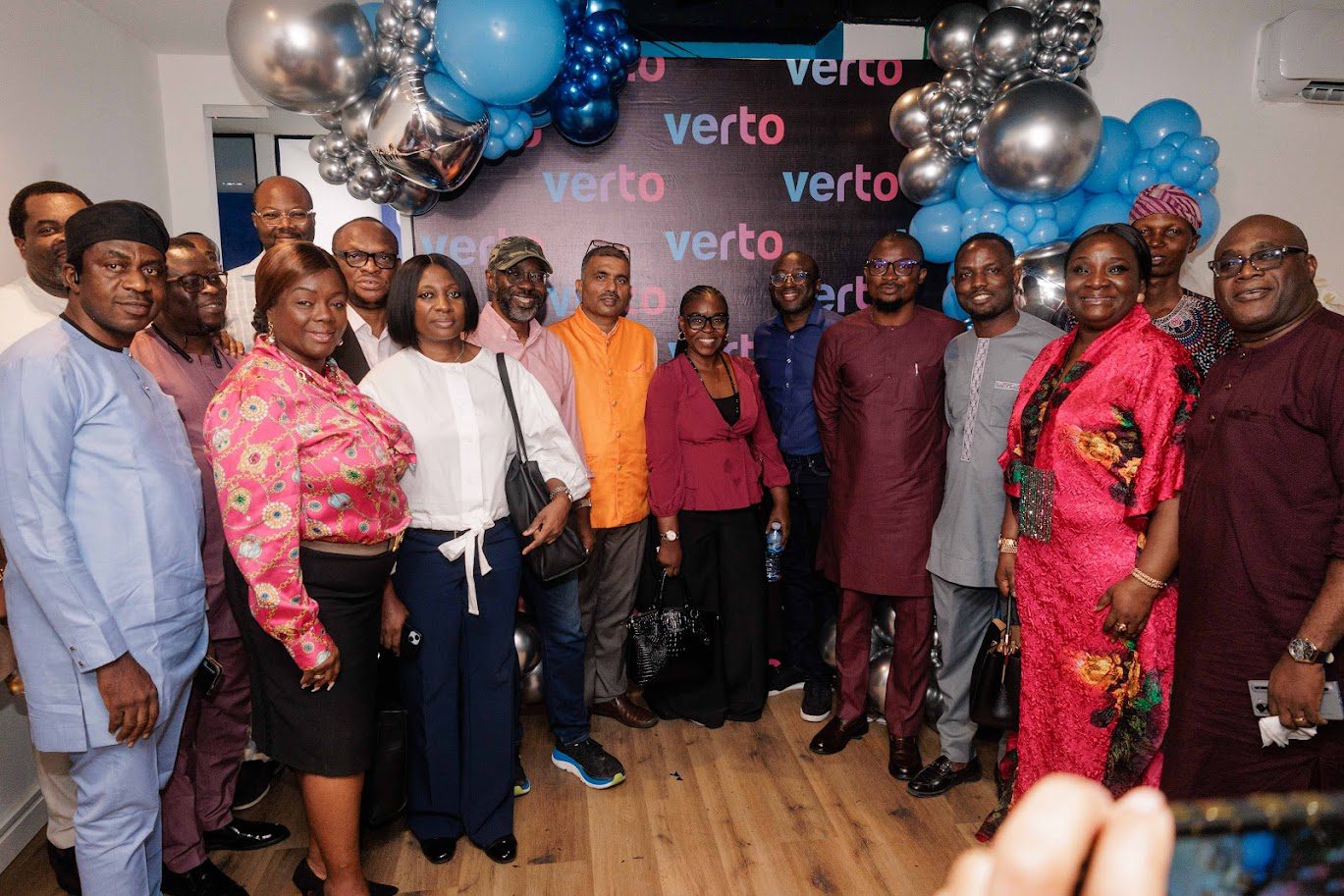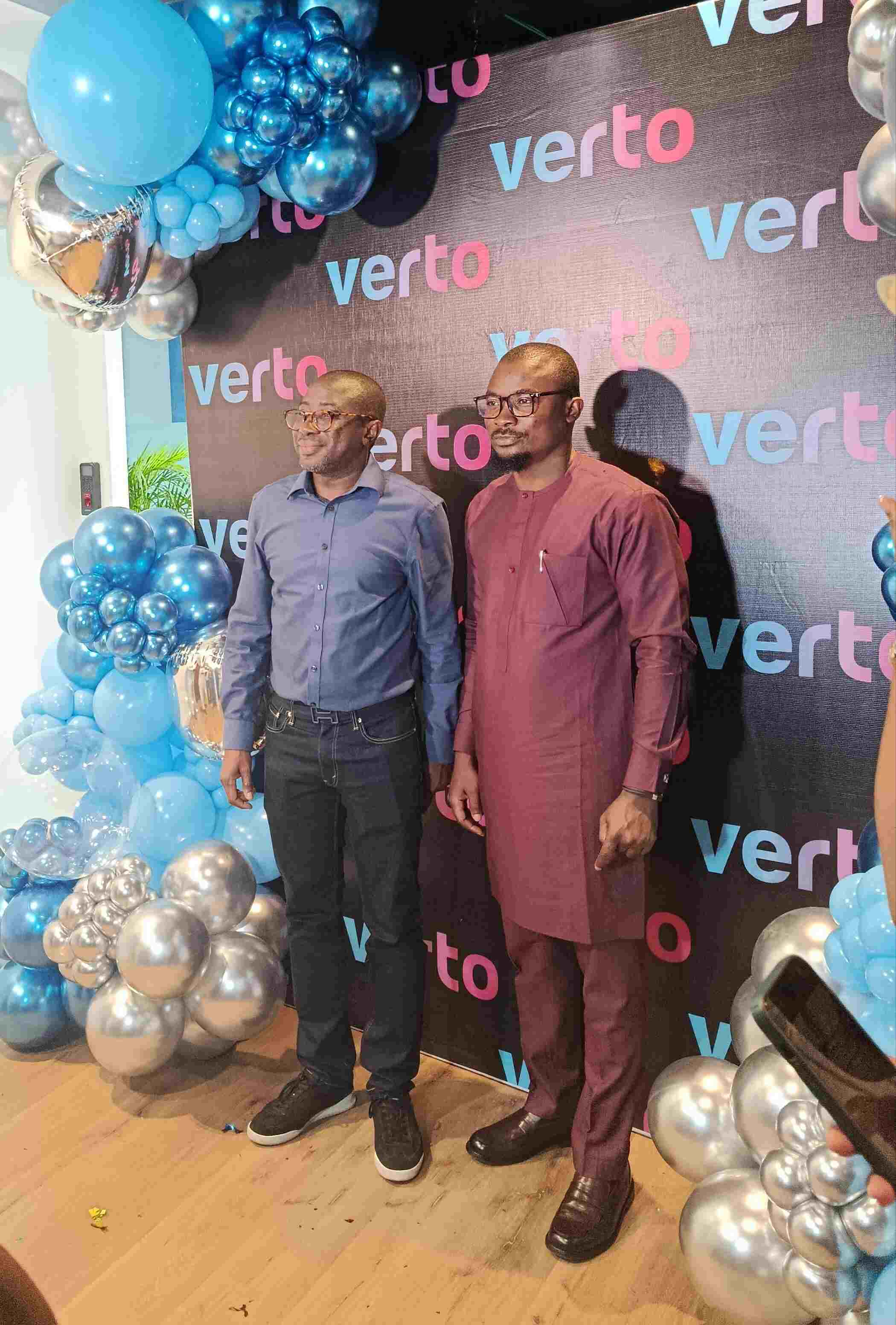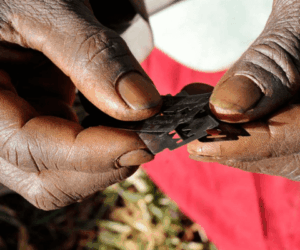When Ola Oyetayo, Verto‘s co-founder and CEO, took the stage at the company’s new office opening in Victoria Island, Lagos last weekend, his story drew nods of familiarity from the audience. It was not the usual corporate success narrative. It was a story rooted in necessity, resilience, and a distinctly Nigerian instinct for solving problems creatively.
Oyetayo’s journey began two decades ago when he left Nigeria for the United Kingdom, building a career in financial services. Like many in the diaspora, he initially saw his move as permanent. But ties to home never fully broke.
During one of Nigeria’s many foreign exchange crises, when official dollar rates stood at ₦150 while black market prices soared past ₦300, his friends in Lagos called for help. They couldn’t access dollars to pay for imports or international services.
“I started matching my friends in the UK and the US who had hard currency and wanted to invest in Nigeria with those back home who needed FX for business,” Oyetayo recalled. “I’d do these transactions manually, on WhatsApp. It was faster and more reliable than what many banks could offer.”
That improvised matchmaking system soon became the seed of a business idea that would grow into Verto, a cross-border payments platform now processing over $3 billion monthly across 49 currencies and 200 countries.

From those grassroots beginnings, Verto, now in its seventh year of operations has evolved into a fully regulated, globally recognised fintech with operations in London, Cape Town, Nairobi, Pune, Dubai, New York, and Malta. The company was recently listed among Deloitte’s UK Technology Fast 50, a testament to its meteoric growth and technological innovation.
Verto’s Lagos office, located at 21 Ahmed Onibudo Street, Victoria Island, marks a symbolic homecoming. After years of operating virtually, the company now has a tangible presence in the market that inspired its creation.
“For almost five years, we had no physical presence in Nigeria,” Oyetayo explained. “It was by design. The regulatory environment then wasn’t the most welcoming, and we wanted to prove that the technology could stand on its own. But trust is everything in Nigeria. People wanted to see where we are, meet our team, and know that we’re real.”
The Lagos hub will serve as the company’s West African anchor, housing a team of 25 professionals focused on customer service, product development, and local partnerships. It also positions Verto closer to Nigerian regulators and banking institutions, a critical move as it rolls out new products like Verto Atlas, designed to give businesses seamless access to local and global banking infrastructure.
Also read: A chat with Verto’s Austin Okpagu about Nigeria’s Fintech Regulatory Commission bill
Verto is bridging diaspora wealth and local enterprise
Verto’s origin is as much a story of economic pragmatism as it is of innovation. During the FX scarcity, the informal system of matching diaspora investors with local demand became an efficient parallel mechanism for financial inclusion.
This spirit underpins Verto’s current mission today: building digital rails that allow African businesses to transact globally without friction. With products enabling collections, conversions, and payouts through API integrations, Nigerian exporters and service providers can now operate with the same ease as their global counterparts.
“We’re more than an FX company,” Oyetayo told guests. “We’re a payments company. We give Nigerian businesses the tools to trade with the world seamlessly, not limited by being seen as a high-risk country.”
The company’s solutions allow clients to open multi-currency accounts in up to 25 currencies, including dollars, pounds, euros, and Danish kroner. This interoperability has made Verto indispensable for thousands of African SMEs and multinational partners managing regional operations.


With Nigeria consistently ranking among Verto’s top-performing markets, the decision to establish a permanent base in Lagos was both strategic and sentimental. The new hub strengthens the company’s ability to deliver real-time Naira liquidity while engaging directly with local financial stakeholders.
Austin Okpagu, Country Director for Verto Nigeria, described the expansion as a “natural evolution” of the company’s relationship with the market. “Nigeria is Africa’s most dynamic fintech ecosystem,” he said. “This office allows us to respond faster to clients, craft solutions tailored to the local market, and collaborate more closely with regulators.”
Today, Verto supports over 5,000 African businesses, processing about $25 billion in annual global transactions. Yet, for Oyetayo, success remains tied to the company’s roots.
“Verto’s story started with Nigerians helping Nigerians,” he said. “We’ve gone from trading over WhatsApp to building a global infrastructure, but the mission hasn’t changed: giving African businesses the power to grow beyond borders.”








